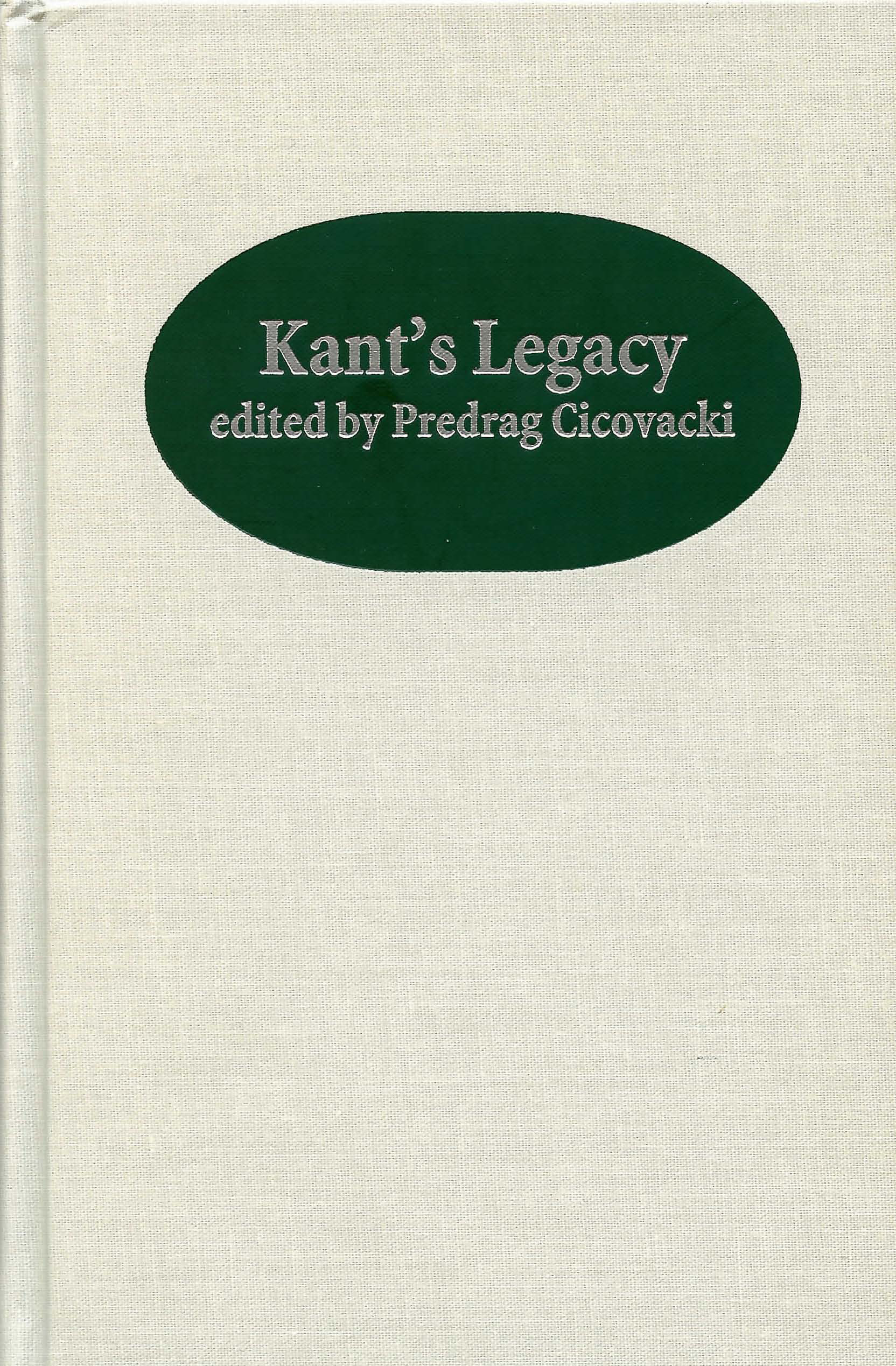Paths Traced through Reality: Kant on Commonsense Truths
Published online by Cambridge University Press: 22 March 2023
Summary
Just as Aristotle argued that ‘being’ has many senses, Kant could have made a similar claim with regard to ‘truth’. Kant’s two conceptions of judging, determinative and reflective, suggest that we need a different conception of truth for each of them. Determinative judgments themselves are further divided by Kant into cognitive and moral. While the former deal, roughly speaking, with ‘what is’, the latter concern ‘what ought to be’, and there are clear indications in Kant that the truths of such judgments are of different kinds. There are, moreover, further distinctions within the subdivision of cognitive determinative judgments. Kant has no doubt that the truths of ordinary commonsense judgments are significantly different from the truths of scientific judgments, and even more so from our metaphysical judgments about reality.
Kant thus believes the concept of truth to be complex and rich, and that each kind of truth deserves a detailed inquiry before we can offer a systematic and comprehensive theory of truth. While the completion of this project would require an essay of larger scope than the present one, my goal here is to contribute to this project by examining Kant’s insufficiently developed yet original and deep understanding of commonsense truths.
Kant begins his discussion by recalling that truth is frequently taken to consist in the agreement (or harmony; Übereinstimmung) of our cognitions with their objects. He tells us that this is a ‘nominal’ definition of truth, a mere explication of the meaning of the word ‘truth’ (A58/B82), but he could have also said that this is the way in which we commonsensically understand truth. For example, my claim that you were at home this afternoon is true if, indeed, you were at home at that time. Or, to take another ordinary example, my recognition that your home is comfortable and spacious is true if that is really the case.
The mentioned definition and the given examples indicate some of the major strengths and weaknesses of the commonsense understanding of truth. The truths of common sense are frequently based on the direct and uncontroversial evidence of our senses, and they emerge as a result of our practical interactions with the middle-size objects in our surroundings.
- Type
- Chapter
- Information
- Kant's LegacyEssays in Honor of Lewis White Beck, pp. 47 - 70Publisher: Boydell & BrewerPrint publication year: 2001
- 1
- Cited by



